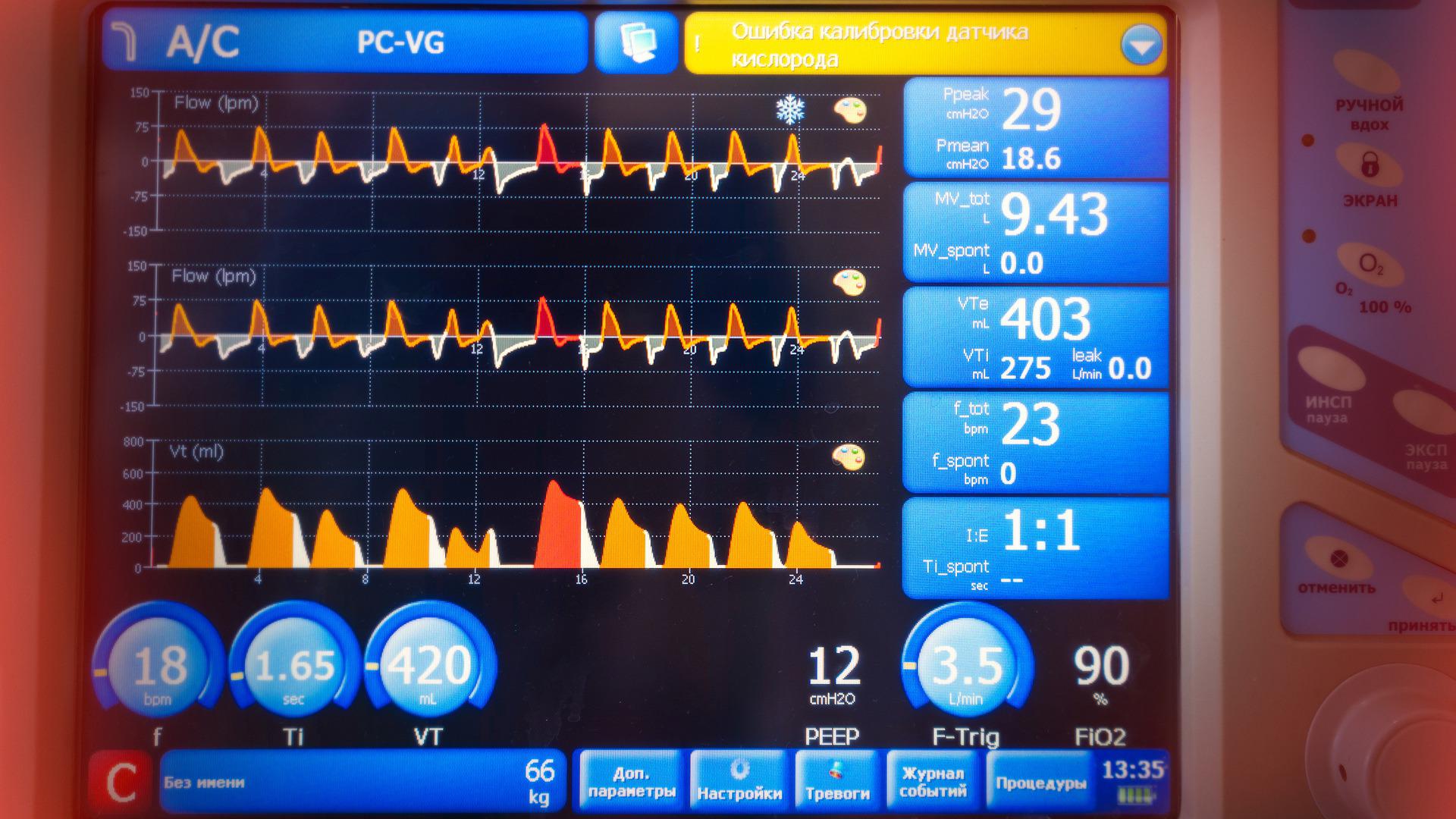
World Breastfeeding Week : Promoting & Supporting Breastfeeding.
World Breastfeeding Week (WBW) is an annual celebration which is held every year from 1 to 7 August in more than 120 countries. World Breastfeeding Week was first celebrated in 1992 by World Alliance for Breastfeeding Action (WABA) and is now observed in over 120 countries by UNICEF, WHO and their partners including individuals, organizations, and governments. WABA itself have been formed on 14 February 1991 with the goal to re-establish a global breastfeeding culture and provide support for breastfeeding everywhere.
The first hour after birth when a mother has uninterrupted skin-to-skin contact with her newborn is referred to as the “golden hour.” This period of time is an integral factor in a mother’s breastfeeding journey if she chooses to do so.
Breastfeeding provides every child with the best possible start in life. It delivers health, nutritional and emotional benefits to both children and mothers. Breast milk provides the optimal nutrition for babies. It has a perfect mixture of vitamins, protein, and fat everything your baby needs to grow. And it forms part of a sustainable food system. But while breastfeeding is a natural process, it is not always easy. Mothers need support both to get started and to sustain breastfeeding. Breastfeeding promotes mother-baby bonding. Undernutrition is associated with 45% of child deaths.
Aims of World Breastfeeding Week
- To support mothers and educate them about breast feeding. To overcome the challenges faced.
- To educate and train health care practitioners to provide support to mothers and babies in effective ways.
- To deepen knowledge and educate people.
Breastfeeding Benefits for the Mother
It releases the hormone oxytocin, which helps your uterus return to its pre-pregnancy size and may reduce uterine bleeding after birth. Breastfeeding also lowers your risk of breast and ovarian cancer. And it may lower your risk of osteoporosis etc.


















